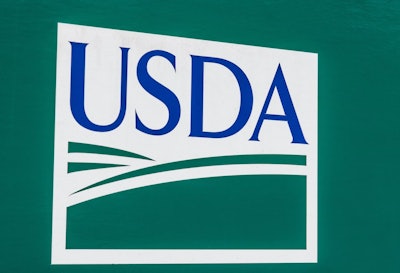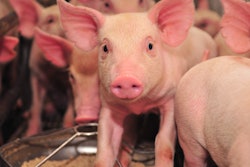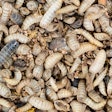
To stop the northward spread of New Word Screwworm (NWS), the U.S. Department of Agriculture has suspended imports of live cattle, horse and bison from Mexico.
“The United States has ordered the suspension of livestock imports through ports of entry along our southern border after the continued spread of the New World Screwworm in Mexico,” said Rollins. “Secretary Berdegué and I have worked closely on the NWS response; however, it is my duty to take all steps within my control to protect the livestock industry in the United States from this devastating pest.”
This suspension comes after NWS was recently detected at cattle farms in Oaxaca and Veracruz in southern Mexico, according to the USDA announcement.
Enforced by the USDA Animal Plant Health Inspection Service (APHIS) and Customs and Border Protection (CBP), the suspension will continue on a month-by-month basis with metrics set to be reevaluated two weeks from now.
“The protection of our animals and safety of our nation’s food supply is a national security issue of the utmost importance,” said Rollins. “Once we see increased surveillance and eradication efforts, and the positive results of those actions, we remain committed to opening the border for livestock trade. This is not about politics or punishment of Mexico, rather it is about food and animal safety.”
However, Mexico’s President Claudia Sheinbaum called the suspension unfair in a May 12 press conference saying, “we can’t be rushing to react to whatever’s said that day, especially from the U.S. agriculture secretary. Mexico is no one’s pinata,” according to Reuters.
New World Screwworm in North America
According to APHIS, NWS larvae are flesh-eating maggots that burrow into live animals such as livestock, pets, wildlife and birds as well as, in rare cases, people. It is primarily found in Central America and southern Mexico.
This is not the first time the U.S. has halted livestock imports from Mexico due to NWS.
After the insect was detected in southern Mexico in November 2024, the USDA suspended livestock trade which would not be lifted until February 2025 after Mexico agreed to a new inspection and treatment protocol.








